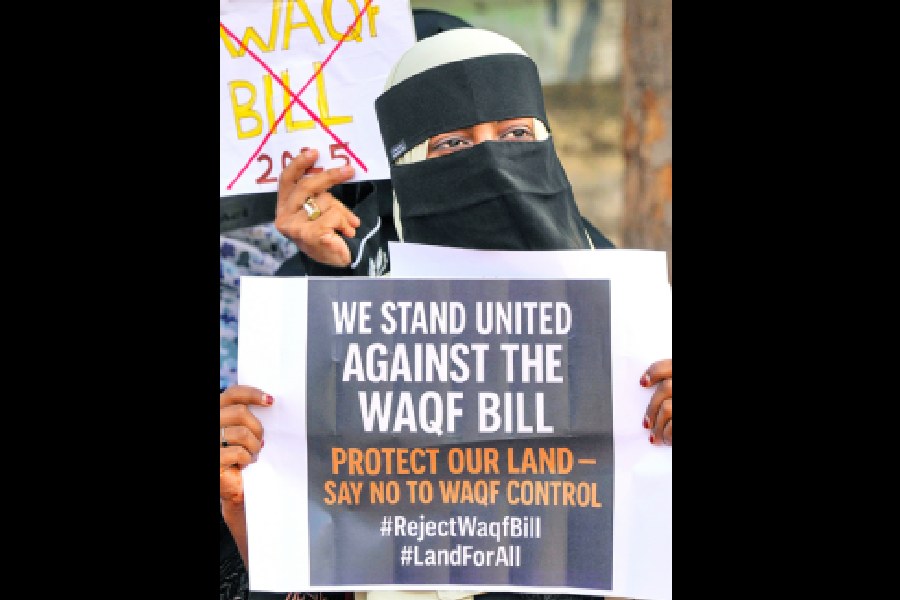The Supreme Court on Monday agreed to consider the early listing of multiple petitions challenging the constitutional validity of the Waqf (Amendment) Act, 2025.
“I will see the mentioning letter in the afternoon and take a call… we will list it,” Chief Justice of India Sanjiv Khanna told senior advocate Kapil Sibal.
Sibal was appearing for Jamiat Ulama-i-Hind, one of the principal petitioners, during the morning mentioning time.
The apex court bench, which also included Justices Sanjay Kumar and K.V. Viswanathan, asked Sibal why he did not submit a written request for an early hearing.
Sibal told the bench that a letter had already been sent to the registry for the urgent listing of the case.
Other organisations and individuals who have filed petitions challenging the Waqf Act include the Samastha Kerala Jamiathul Ulama-Kerala, Congress MP Mohammed Jawed, AIMIM president Asaduddin Owaisi, DMK MP and party general secretary D. Raja, Uttar Pradesh madrasa head Anjum Qadri and the Association for Protection of Civil Rights.
Jamiat Ulama-i-Hind, through its president Maulana Arshad Madani, challenged the Act as unconstitutional as it sought to include non-Muslims on waqf boards and dilute the powers of the boards.
The petition termed the amendments destructive to the waqf administration and jurisprudence and an effort to redefine the very nature of waqfs as it exists in the country. It sought an immediate stay on the Act until the top court determined the constitutionality of the amendments.
The petition also challenged the omission of the “waqf by user” provision from the definition of waqf. “Waqf by user” refers to a property that is treated as waqf based on its long-term use for religious or charitable purposes, even without
formal documents.
The plea argued that it was an evidentiary tool developed by courts and its removal would deprive a large number of older mosques and graveyards of the benefit of the judicial doctrine that has stood the test of time in Indian waqf jurisprudence and was recognised by the Supreme Court in the Ramjanmabhoomi-Babri Masjid judgment.
It also challenged Sections 3D and 3E added by way of an amendment, which stipulated that monuments protected by the Archaeological Survey of India (ASI) would cease to be waqf and prohibited the creation of waqf over properties belonging to Scheduled Castes and Scheduled Tribes.
According to the petitioner, while other religious endowments continue their religious character even after being protected by the ASI, the Muslim structures are being singled out and discriminated against by Section 3D.
The petition also challenges the inclusion of non-Muslims in the Central Wakf Council and the state waqf boards.
The Samastha Kerala Jaimuthul Ulema submitted that there were around 35 amendments introduced to the Waqf Act, 1995, “primarily designed to weaken the state waqf boards and to convert the waqf properties into government properties”.
“These amendments will distort the religious character of waqfs while also irreversibly damaging the democratic process in the administration of waqfs and waqf boards,”
it said.










